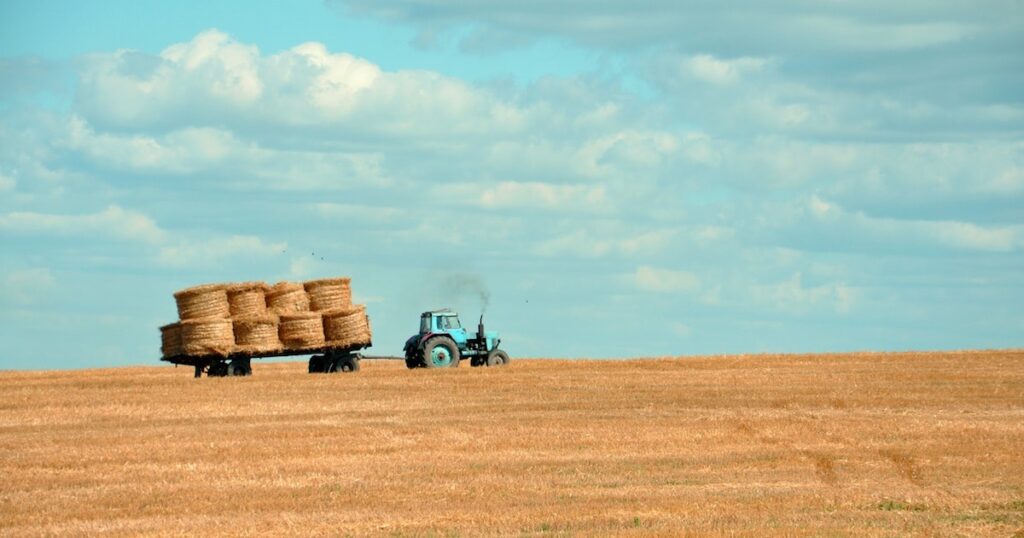
Where Can a Family Nurse Practitioner Work?
You'll find FNPs in primary care clinics, hospitals, urgent care [...]

60 million Americans—nearly 20 percent of the population—live in rural locations. Numerous impediments face rural residents seeking healthcare, including:
As a result, approximately one in four rural Americans reports forgoing necessary healthcare treatment in the past few years. That rate holds true even for those with health insurance (24 percent skipped treatment because they could not find a provider who took their insurance), although it’s even higher for the uninsured (nearly 50 percent).
Only about 11 percent of American physicians practice in rural settings, meaning the rural patient:doctor ratio is more than double its urban counterpart. These medical professionals often serve vast geographic regions requiring significant travel, further reducing the time available to treat patients.
Healthcare services for America’s rural populations are clearly insufficient; more healthcare professionals are needed in the nation’s remote locations. Rural nurses can help alleviate this problem by assuming some of the burden for patient care currently shouldered by medical doctors. The need for registered nurses in rural practices is great, but the need for nurse practitioners—particularly in the 22 mostly rural states where they enjoy full practice authority—is even greater.
If you’re considering becoming a rural nurse, here’s an added enticement for a career in this field: many governmental and nonprofit agencies offer incentive programs for rural nurses. You can begin working as a rural nurse with as little as an associate’s degree, or you can earn a master’s and become a nurse practitioner. No matter which you choose, you’ll be helping an underserved community. In this article on how to become a rural nurse, we discuss:
“Rural nursing” is not a defined specialization like orthopedic nursing or rehabiltation nursing. There are no certifications for rural nursing, and very few academic programs offer specializations—or even individual courses—dedicated to practicing medicine in rural settings.
Becoming a rural nurse simply means working in a rural environment. As a rural nurse, you may work in any of the following settings:
Rural nurses are more likely than their urban and suburban peers to work at small facilities. As a result, they typically enjoy more responsibility and experience less supervision, a situation many regard as beneficial. They are also more likely to see a broader range of problems. When you operate the only healthcare facility in a 50-mile radius, you do not specialize: you see whatever ails people, from Alzheimer’s to the Zika virus.
The skills required to be an effective rural nurse include:
Because of the acute shortage of medical doctors in rural areas, the need is greatest for nurse practitioners (NPs). NPs—who hold either a Master of Science in Nursing (MSN) or a Doctor of Nursing Practice (DNP)—are trained to diagnose conditions, conduct exams, order and interpret tests, and prescribe medications. They can perform most of the tasks performed by primary care physicians.
In 22 states—including most of the mountain states, many Midwestern states, and parts of New England—NPs enjoy full practice authority, meaning they can work autonomously (i.e., without the supervision of a medical doctor). Especially in rural areas, nurse practitioners (and physician assistants, who are similarly trained and empowered) provide primary care to many of the area’s patients.
Another specialization in demand in rural areas is travel nursing. Travel nurses work on short contracts, typically relocating for each new assignment. Because they go where nurses are needed, they may end up being offered positions in rural settings. The benefits of travel nursing include:
The downsides include:
Rural nurse pay is all over the board. Ziprecruiter reports that the median salary for rural nurses is $70,242. However, its data also show that the single-largest income group in this profession falls within the $27,000 to $39,499 range (nearly one in four rural nurses fall into this category). One in ten earns even less.
The most significant factor in determining income is whether the nurse is a registered nurse or a nurse practitioner. The latter, because of their extended training and responsibilities, earn significantly more than the former. Location, employer, and years of experience all also factor into salary calculations.
Rural medical employers hire nurses at all levels: licensed practical nurses (LPN), registered nurses, advanced practice nurses, and nurse practitioners. Educational requirements vary according to role.
LPNs typically hold an associate degree in nursing. Earning that degree and passing the NCLEX-PN are the primary qualifications to become an LPN. LPNs handle a lot of the grunt work of nursing, including:
To become a registered nurse, you will need at least an Associate Degree in Nursing (ADN) or Associate of Science in Nursing (ASN), two-year degrees typically awarded by community colleges. Most employers prefer RN candidates to hold the Bachelor of Science in Nursing (BSN), and the profession is definitely trending toward requiring RNs to have a BSN. That said, the severe shortage of rural nurses improves the likelihood that qualified ADNs will be considered for rural RN positions.
You will need a Master of Science in Nursing to become a nurse practitioner, a role in which you may be able to administer most primary care services. A few MSN programs specify a curricular focus on medicine for underserved rural populations. They include:
Finally, if you are most interested in conducting research into rural healthcare, consider pursuing a PhD in nursing at the Decker College of Nursing and Health Sciences at Binghamton University. The program focuses on research that will “improve the delivery of healthcare for rural and other vulnerable populations.”
There are no certifications specific to rural nursing. Many different certifications can be applied to rural nursing, however. Among the more common certifications held by rural nurses are:
So, should you become a rural nurse? The best way to answer that question is to weigh the pros and cons of the profession.
So why become a rural nurse? We’ll give the final word to Marie Riemer, a rural nurse at Sanford Health. “I love working in the community that I was born and raised in. … For families to be able to come in, young or old, and see familiar faces, nurses they know, providers they trust, all other disciplines that are familiar to them—it is so beneficial.” In the end, she says, “It’s very rewarding taking care of all of the generations that have shaped this community.”
(Last Updated on February 26, 2024)
Questions or feedback? Email editor@noodle.com

You'll find FNPs in primary care clinics, hospitals, urgent care [...]

A travel nurse can easily earn a higher salary than [...]

You need to have an RN license and have several [...]

Many hospitals experiencing COVID case surges offer nurses short-term positions [...]
Categorized as: Advanced Practice Nursing, Nursing & Healthcare